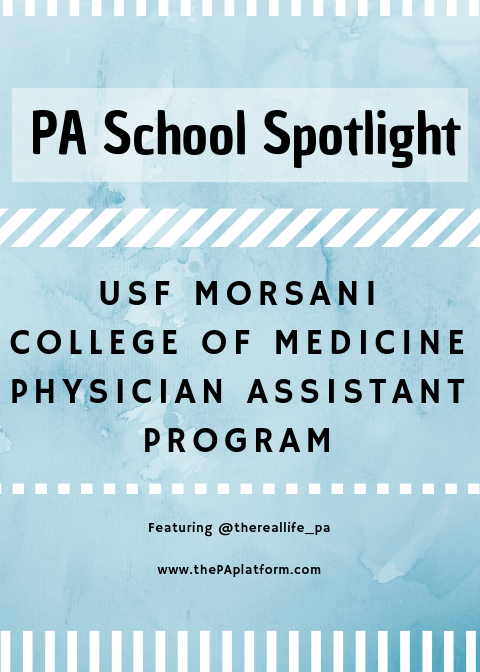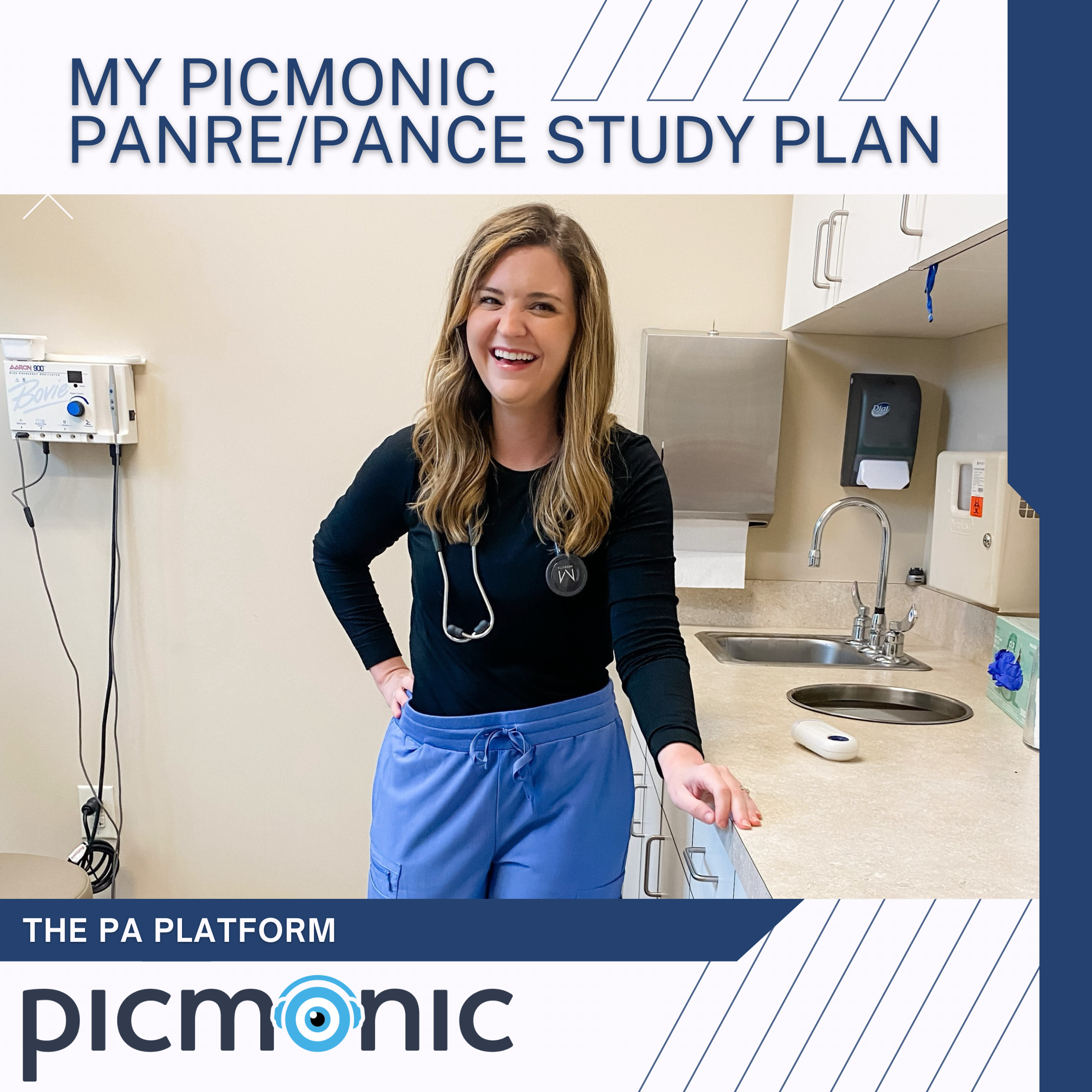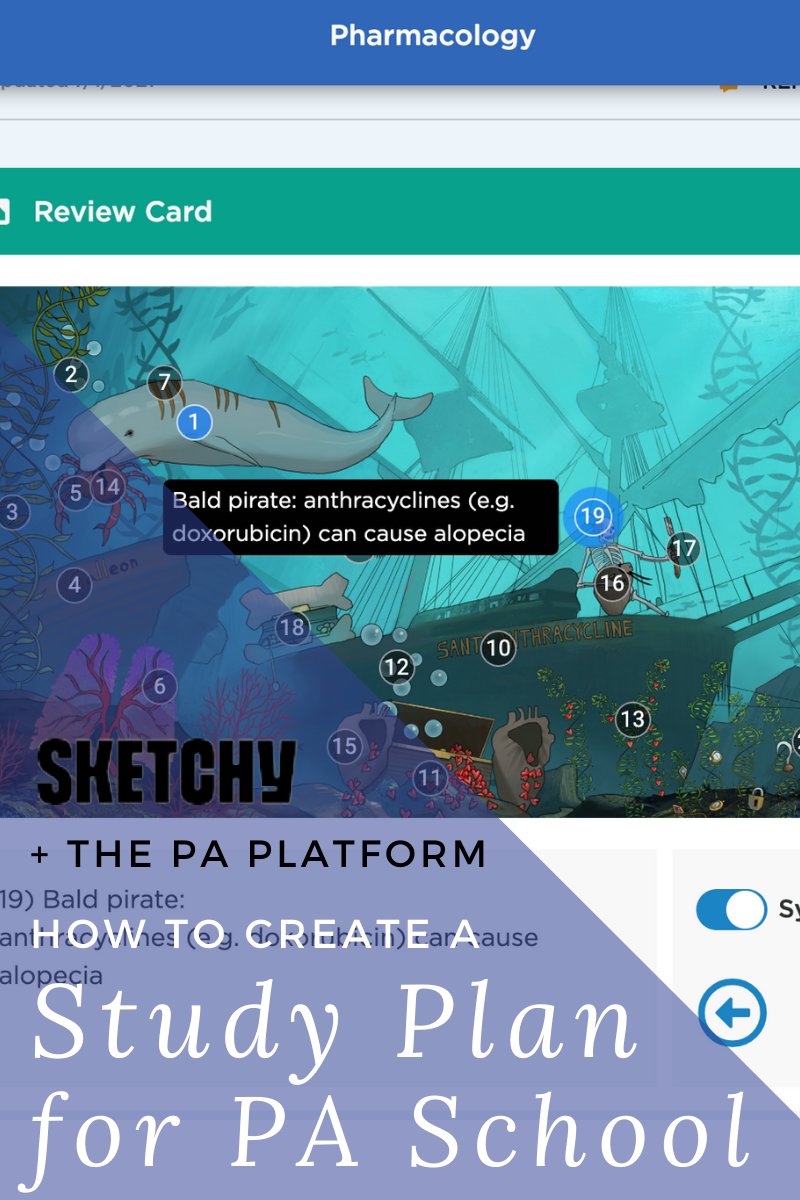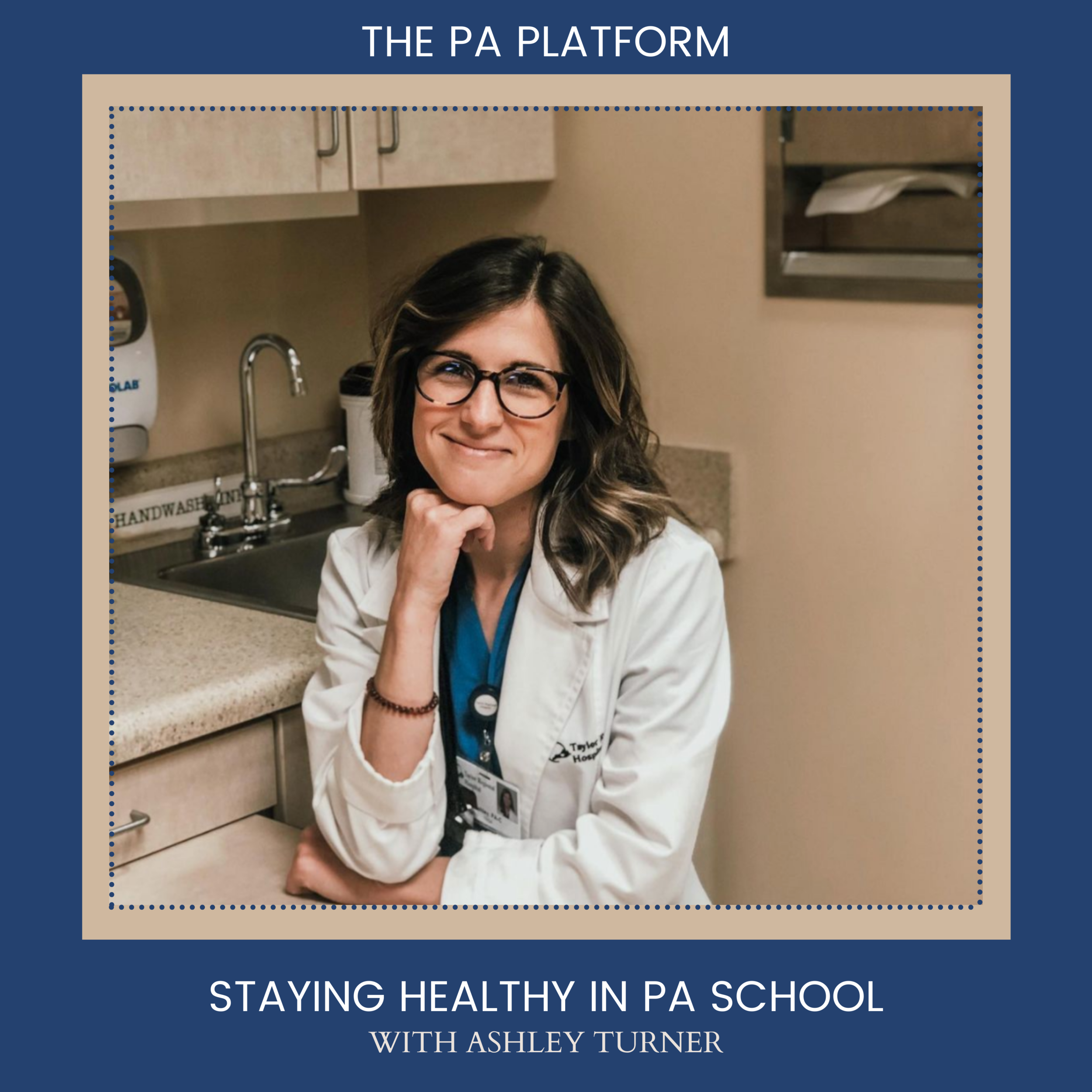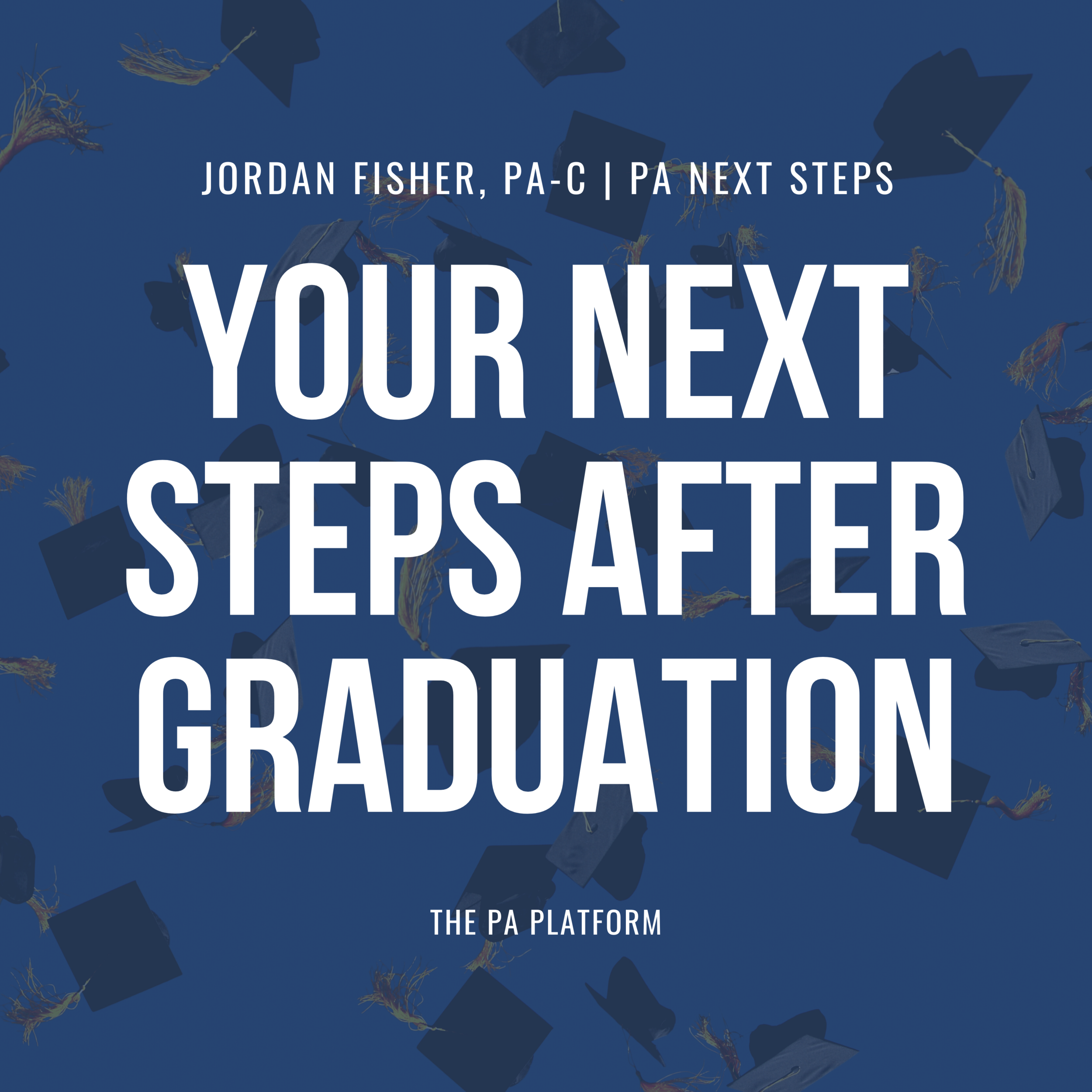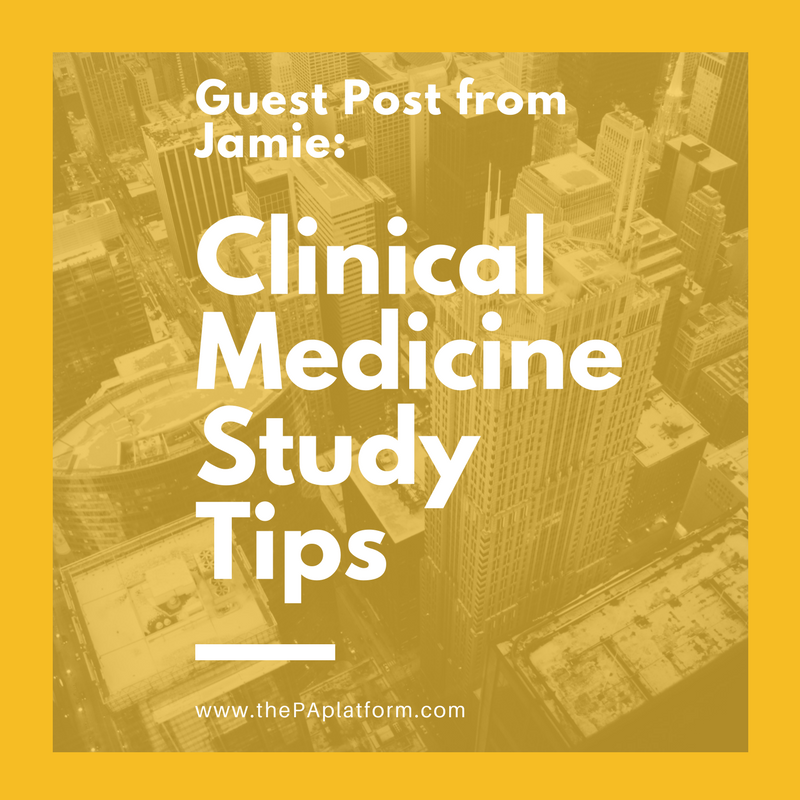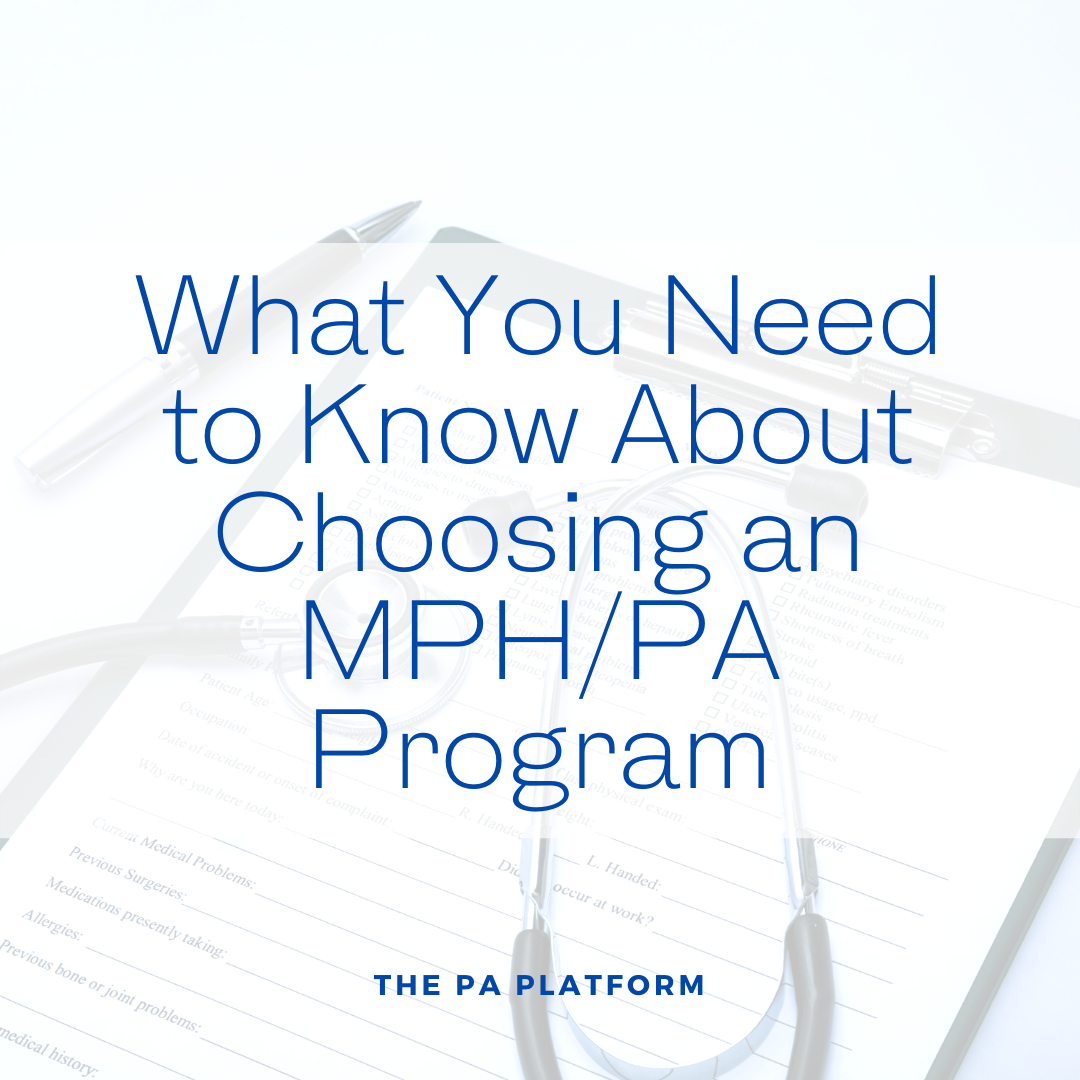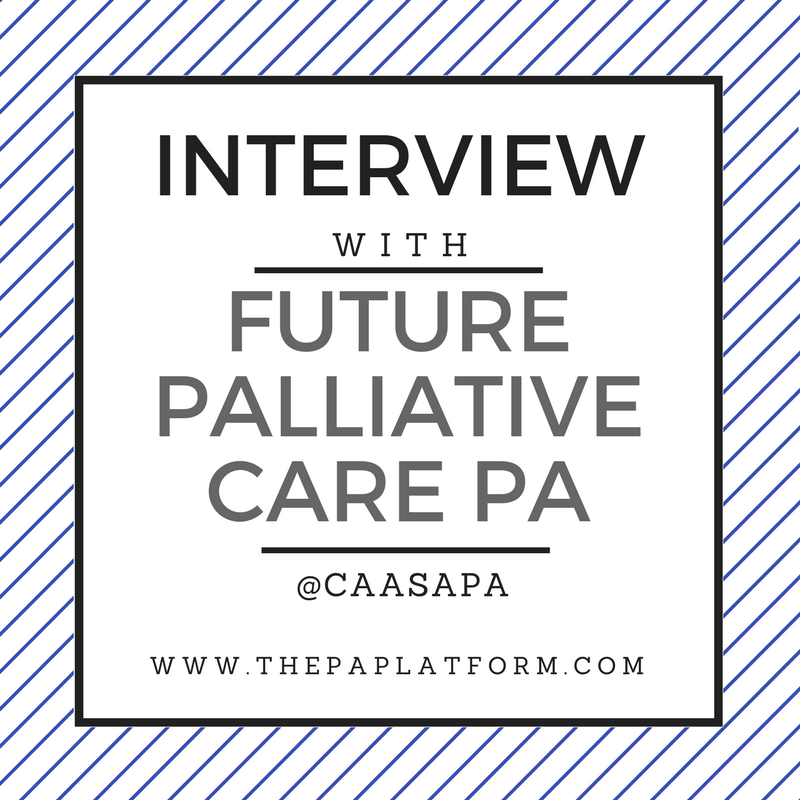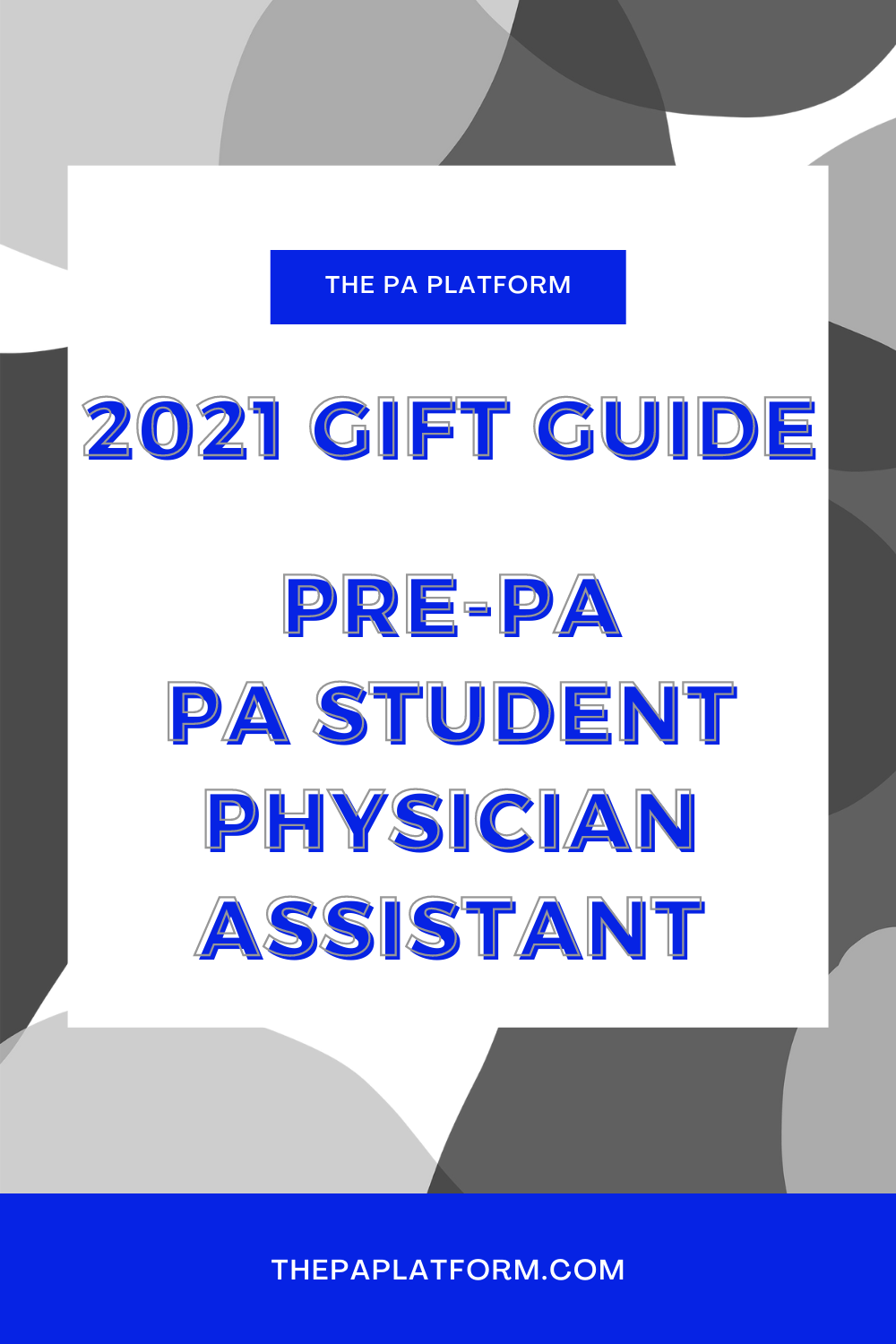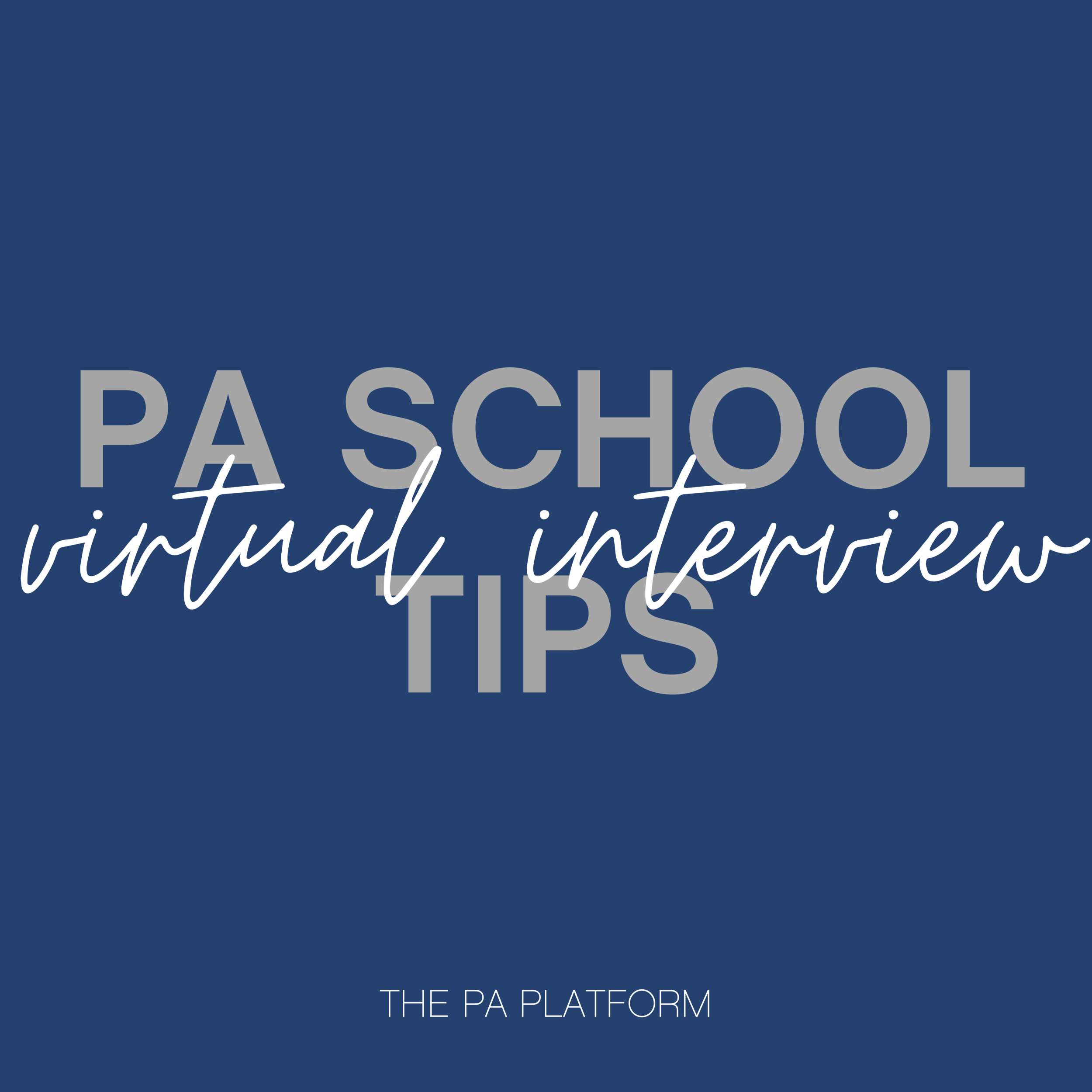So have you heard that PA school is expensive? Well, that might be an understatement. Any graduate program is going to be a little pricey, but medical programs tend to be on the higher end of things. If you look at estimated costs for PA school, you'll see a broad range from 5-digits all the way to hundreds of thousands of dollars. That's a lot of zeros. And you have to look at tuition + fees + books and other resources + tools + traveling for clinicals + housing + food + everything else!
Thankfully, I went to a public program so that initially cut my costs. My second choice school would have cost 4x as much as my program cost. Unfortunately, that's the norm. I had a few other advantages that helped me to cut back on the amount of loans I had. Which brings me to Tip #1 - Take the minimum amount of loans possible! I was able to live with my parents for the first year, and although they couldn't cover all of my expenses, they covered my fees. I only had to take out loans to cover my tuition. I also went to a public program, and that decreased costs significantly. Tip #2 - Don't take out extra money to put into savings. The amount of return you get in savings is so much less than the amount you're being charged in interest, so it's just not a smart financial move.
I took out federal loans though Sallie Mae, which is now Navient. I made an interesting, somewhat subconscious, decision to not ever look at how much I owed until the end of PA school when they make you do financial literacy training. I guess I figured that it wouldn't make any difference since I wasn't able to start paying them off yet anyways. And although I was not able to do this, here's Tip #3 - If there's any way that you can make payments during PA school, do it. (Even if it's a small amount.) If you get any extra income, have a spouse who works, or have savings you're sitting on, think about putting some of it towards your loans. Those small payments make a big difference in the long run, especially with high interest rates.
So anyways, when I pulled up my loan summary, I owed around $75,000, and that was shocking to me. Now I know that PA school costs a lot more for a lot of people, but you can't deny that 75K is a big chunk of money. I mean, that's the average starting salary for a new grad PA. About 55K was principal (meaning that I had actually borrowed that much), and the other 20K was interest (the fee for the money I borrowed). My interest rates were varied, but averaged at about 6%.
After you graduate, there's a grace period where you are not required to make payments on your loans. Tip #4 - If possible, start making payments during your grace period. While you don't have to make payments, your interest is compounding and growing. From day 1 of getting a paycheck, it helps if you start making payments right away. You won't miss the money if you already have it dedicated to your loans. I committed to this at first, but then I got a little lazy. My original goal was to put at least 1/2 of my salary each month towards my loans. But then I got the great idea that I would just put whatever was left over at the end of the month towards them. Just kidding. Not a great idea. That only lasted about 2 months before I got myself back in check. After working so hard for 2 years in school with no compensation, it can be easy to go a little crazy. I would love to tell you to make a budget and stick with it, but I'm personally terrible at budgets, so I can't give you much advice in that area.
So I went back to committing at least half of my salary to go straight towards my debt. Tip #5 - Decide how much you want to put towards loans each month, and do it. As you see the amount you owe decrease, it's so reassuring. There are differing views on what loans to pay off first. Dave Ramsey has the "Snowball" plan, meaning you pay the one you owe the least on, without regard to the interest percentage, and go from there to gain momentum. I paid off the one with the highest interest rate first, and then worked my way down. If you do automatic payments, you may get a decrease in the interest amount.
After you've put your committed amount towards loans, if you have any extra money coming in, consider putting it towards your loans. Tip #6 - Try to put extra funds towards your loans. Every little bit makes a big difference. It may not seem like it at the time, but I don't think I would have paid off my loans as quickly as I did if I hadn't done that. And I can think of specific purchases that I made that delayed my final payment, and they probably could have waited.
So back to my loans. After I found out how much I owed, I committed to paying half of my salary each month to my loans, and any bonuses I got. There were a few hiccups along the way, but I got better at it with time. I tried to put any extra funds to my loans. I started working in August 2014, and this past January 2016 I made my last loan payment! It felt awesome. Took my entire bonus/commission, and drained our bank account, but it was worth it. I feel like a weight has been lifted off my shoulders, and I have a lot more freedom at this point. Instead of going to the beach a few hours away, I can afford the trip to the DR without feeling guilty for not paying towards my loans. Tip #7 - Make frugal choices while paying your loans, not extravagant ones.
Everyone is different, and I'm sure not everyone will agree with how I did things. But that's ok, and I'm extremely happy with where I'm at. Debt-free, and able to start saving more and making good financial decisions. Tip #8 - Do what works for you. I'm a generally frugal person anyways, but I can splurge on something like a vacation or good meal. Making big purchases, like furniture, are a lot more fun now too.
At the end of the day, whether you're still in undergrad or worried about affording PA school, your loans will be paid off at some point. It may not be as soon as you would like, and you'll probably make some mistakes, but it will happen! If you have any other tips for others about paying off loans, please comment! Or if you've paid off you're loans, I would love to share your story and help others to have confidence that it is possible!

